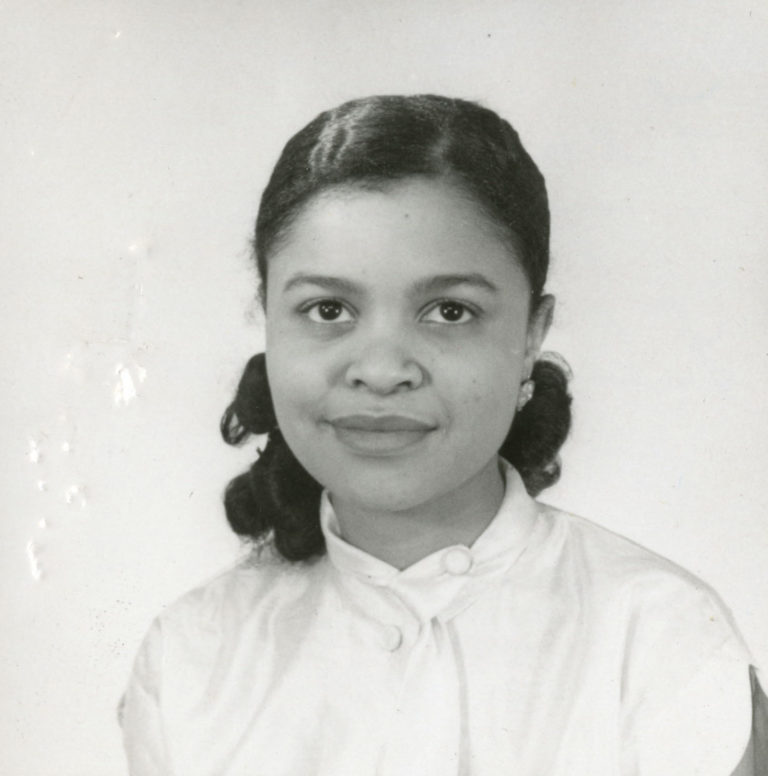“I knew I was going to be a lawyer when I was a little girl,
-Lila Fenwick, she told the Harvard Law Bulletin in 2000.
Introduction
In 1956, Lila Fenwick became the first black woman to graduate from Harvard Law School. Fenwick later led the United Nation™ Human Rights Division. She attended Harvard in 1954 when the Supreme Court decision in Brown v. Board of Education came down. She joined a handful of women and the only black woman a year before Ruth Bader Ginsburg started as a first-year student at the school. According to the New York Times, the dean challenged the nine women in the future Supreme Court justice class to defend why they were occupying a place that could have gone to a man.
Early Life
On May 24, 1932, Lila Althea Fenwick was born in Manhattan to John and Hilda Fenwick, who had emigrated from Trinidad. Her father was a well-off property owner and landlord in Harlem and the Bronx.
Education
Lila Fenwick graduated from Barnard College in 1953 before attending Harvard Law. Then after law school, she attended the London School of Economics.
Harvard Law first accepted women in 1950 for its class of 1953, but it would be decades before women students felt welcome. Lady’s Day, the monthly tradition of professors calling on women students as if they were performing bears, as some have described it, was in full, humiliating swing.
Her accomplishments
At the United Nations, Fenwick became an accomplished human rights official. While at the U.N., she was a specialist on gender, racial and religious discrimination. In addition to protecting minorities and indigenous populations and the right to emigrate from oppressive countries. She then became a private lawyer and a benefactor. She also helped build the Foundation for Research and Education in Sickle Cell Disease.
Lila Fenwick was an extraordinary leader who devoted her career at the United Nations to protecting the human rights of all people across the globe, said John F. Manning, the Morgan and Helen Chu Dean of Harvard Law School.
Fenwick was a quiet individual who stayed away from the limelight. Outside her professional accomplishments, little is known about her personal life because she did not give many interviews or public appearances.
Conclusion
In conclusion, we celebrate Fenwick’s life and her courageous path. The New York Times reported that she died on April 4 from coronavirus-related complications. She was 87. This obituary is part of a series about people who have died in the coronavirus pandemic. Read about others here.
Work Cited
Lila Fenwick, Who Broke a Barrier at Harvard Law, Dies at …. https://www.nytimes.com/2020/04/13/obituaries/lila-fenwick-dead-coronavirus.html
John ‘Jack’ Cogan Jr. (1926-2020) – Harvard Law Today. https://today.law.harvard.edu/john-jack-cogan-jr-1926-2020/


